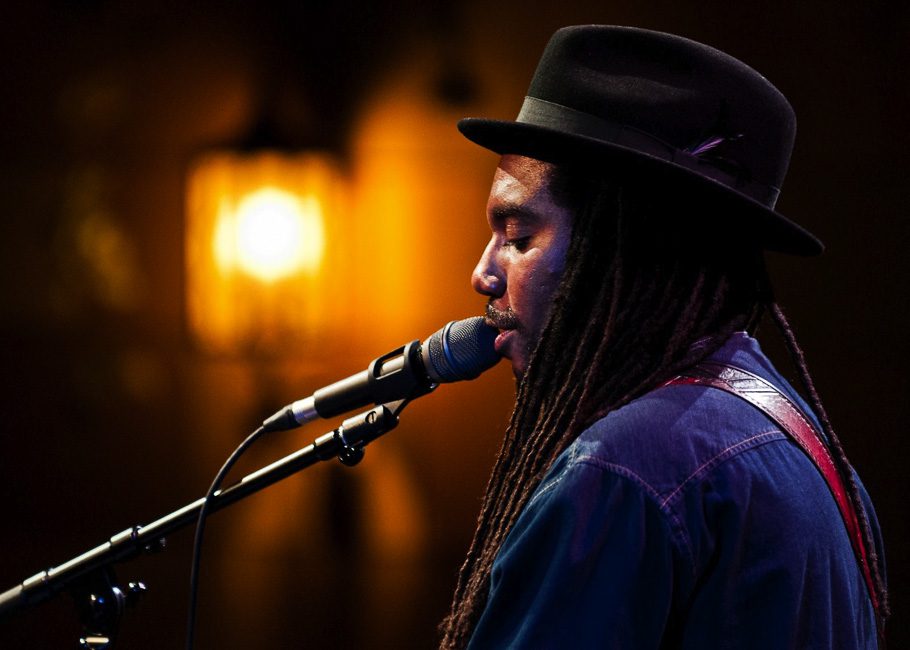Last call in East York and the rest of Toronto is 2 a.m., but a committee is now looking into the potential benefits of extending that nightly deadline.
The Toronto Music Advisory Council, which consists of city councillors, music industry professionals and artists, recently presented its case for the change to the Economic Development Committee.
Norm Kelly, Ward 40 councillor and vice-chair of the development committee, said the focus revolves around studying what is known as the “night economy” of Toronto.
“Frankly I had never heard of the concept before…but it’s intriguing,” he said.
“We are emerging as one of the premiere cities of the world and the arts and cultural segment of the economy seems to be growing very rapidly…so when a group appeared before committee to discuss the night economy, I thought it was worth taking a look at.”
Kelly mentioned New York City as an example of how a night economy can help propel a city forward.
The city will reach out to various communities – BIAs, bar owners, music and cultural representatives – to see if extending bar hours would offer more benefit than harm.
Initial concerns centre around potential problems with crime, noise and transportation.
“It’s more than just bar hours,” Kelly said. “It’s an attempt to examine the concept to see the degree to which it exists in Toronto and to see if we can facilitate it in a way that limits the more deleterious aspects of its nature.”
Singer-songwriter Julian Taylor has been part of the East York music community for more than 12 years, performing at venues such as The Danforth Music Hall and Dora Keogh.
He’s neither for nor against extending last call but acknowledges the potential of it being a cultural draw for the city. He doesn’t expect it to put any more money in his pocket as a performer, though.
“I’ve rarely seen a percentage of the bar (as payment), which is the only reason I’d see musicians making more money with extended hours,” he said. “I see that the economy will make more money, and the bars and bartenders will make more money, but I don’t see how it will benefit musicians in any other way.”
Taylor said from a musician’s standpoint, he’d prefer an initiative to actually get more money directly to the performers.
“Forcing the clubs to have a minimum rate that they have to pay these musicians would be amazing,” he said.
Hanka Stepanova has bartended at the Black Swan, another East York music venue, for 17 years. She says it’s about time Toronto loosens its grasp on last call.
“As a worker, of course I don’t want to be up past three in the morning. But you have to get into the shoes of the customers. They pay the bills,” she said.
“Some people cannot even comprehend that somebody is telling them when they can drink. It’s so strict, the rules here.”
Stepanova is originally from Prague, Czech Republic, where she says bar owners get to decide how late they stay open based on how busy they are.
She doesn’t think extended hours would cause more problems in the community. If anything, she said people get more upset with the current law.
“If you have tourists, people not from Canada, it’s last call (at 2 a.m.) so they order five more drinks, then after 45 minutes they can’t finish it so I have to spill it out and they are upset,” she said.
By comparison, last call is 3 a.m. in Montreal and 4 a.m. in New York. Toronto already extends last call to 4 a.m. during festivals such as Canadian Music Week and North by Northeast.
Kelly said no changes will be made until at least midway through 2017.

